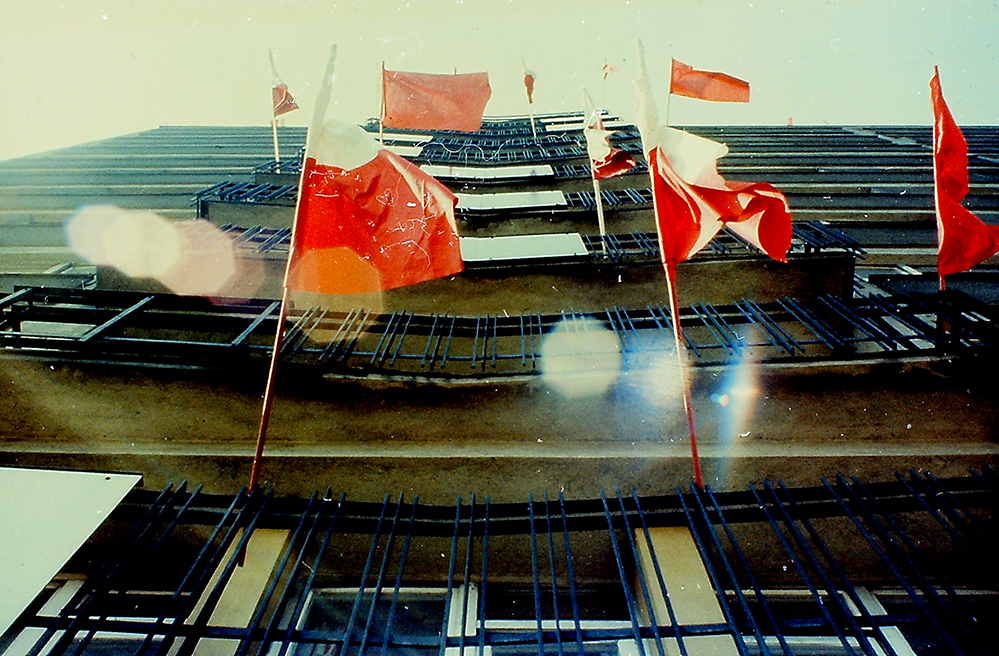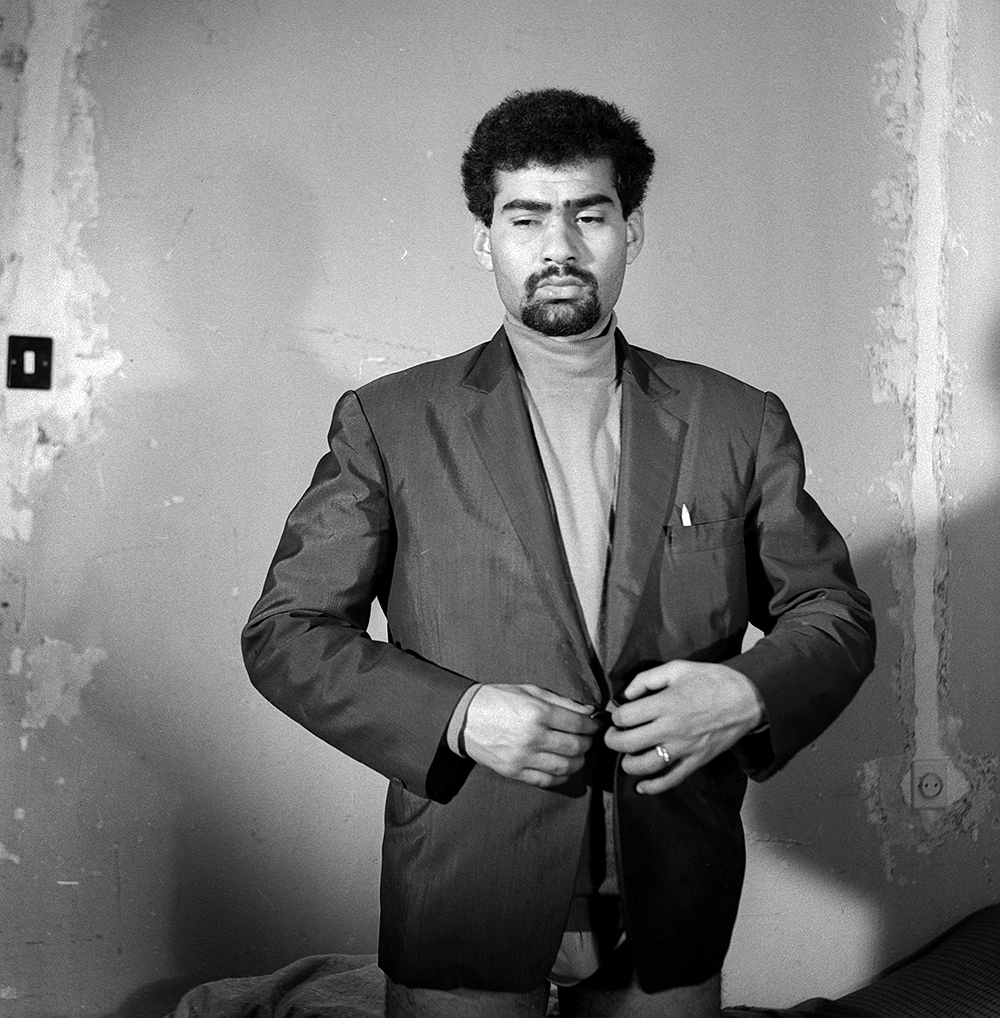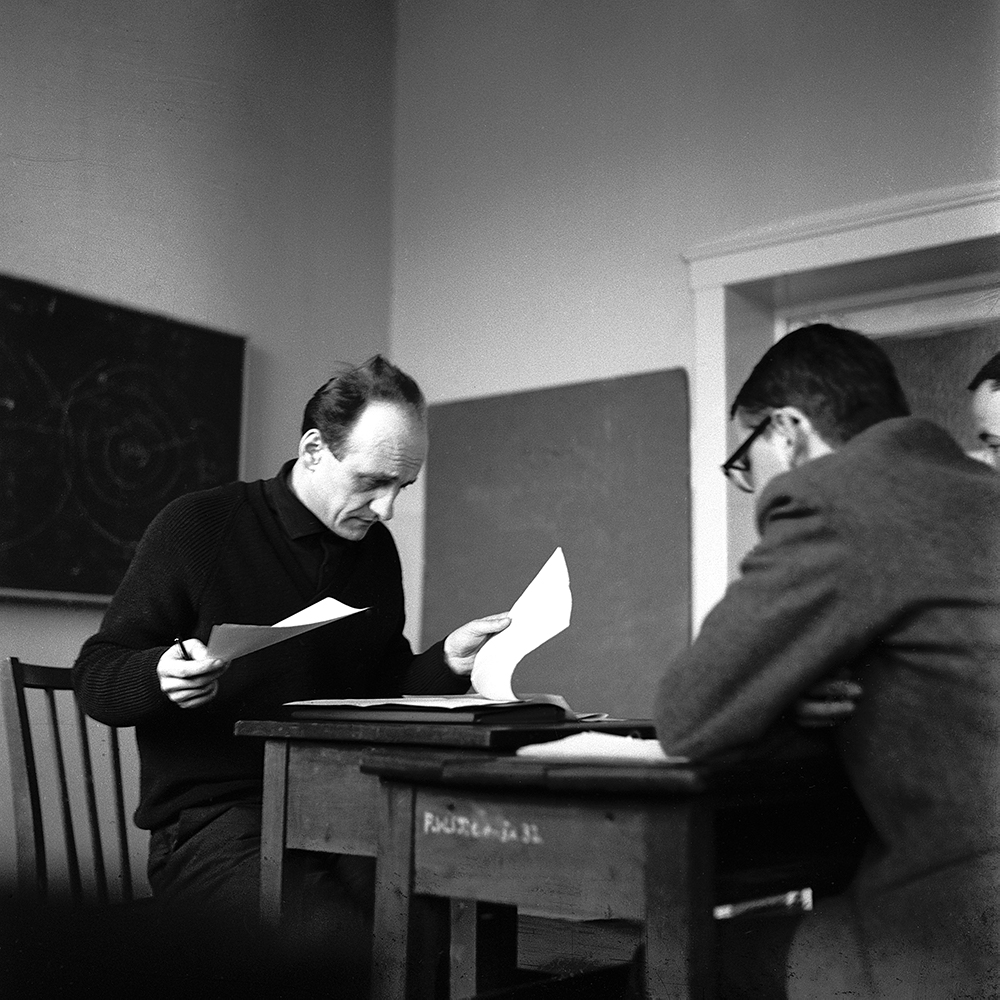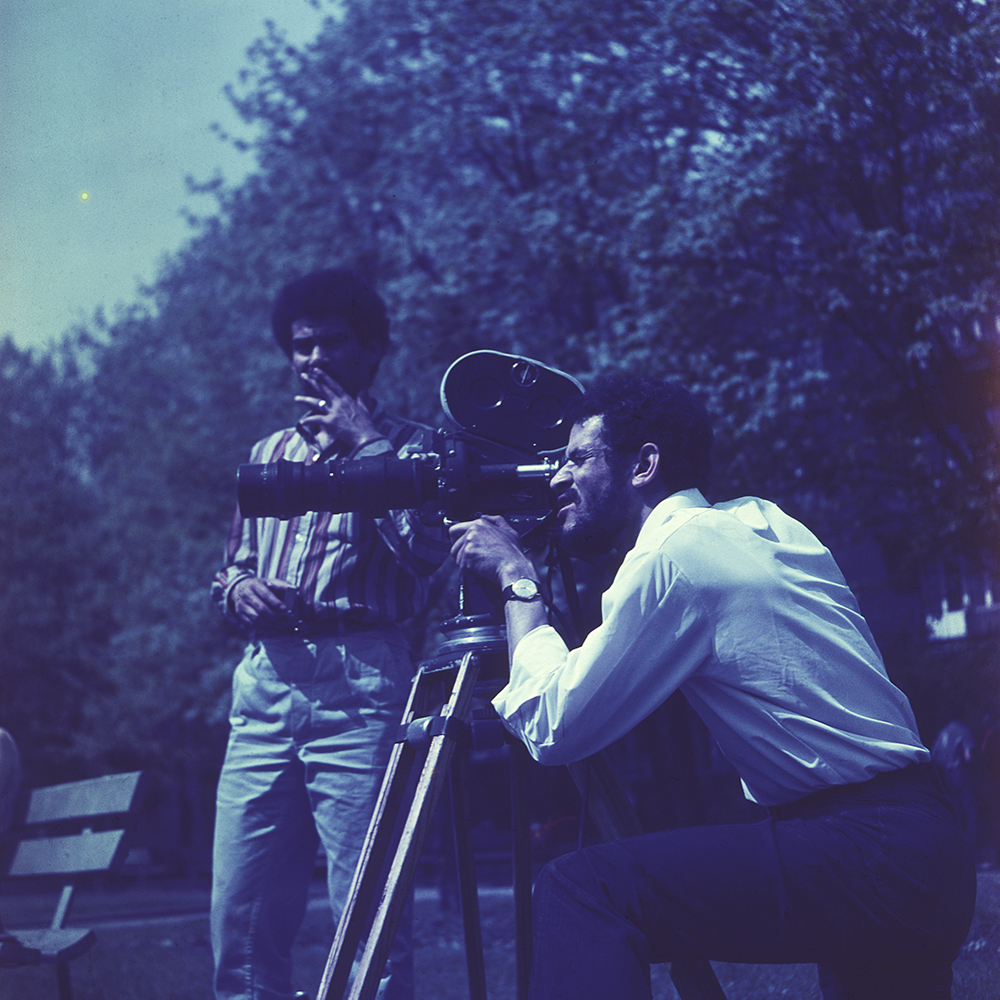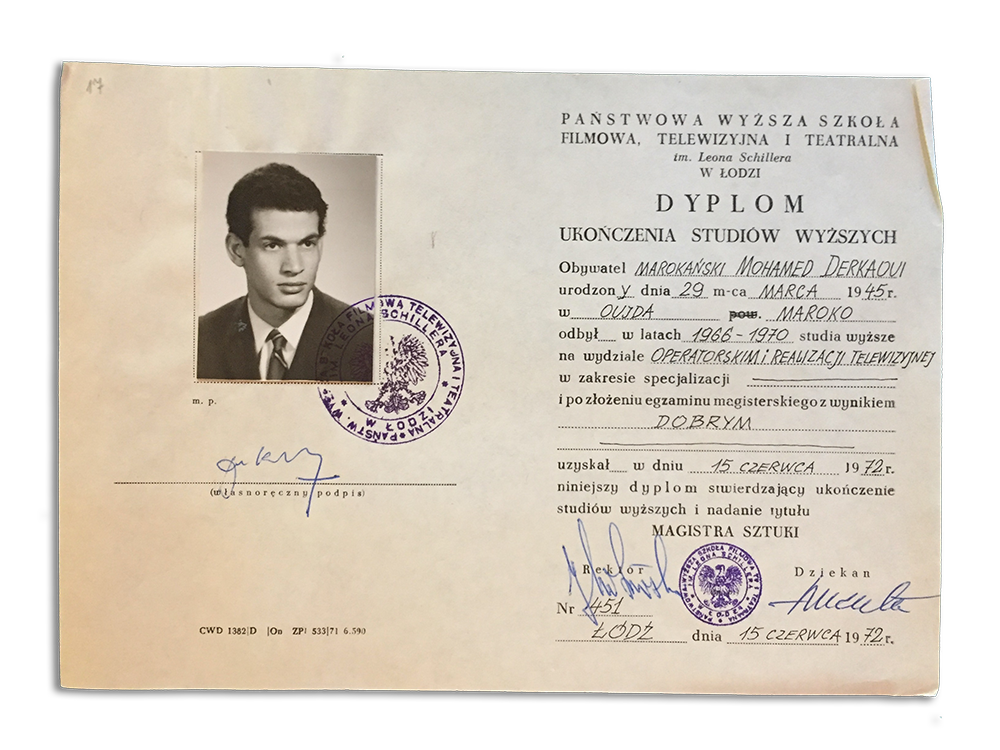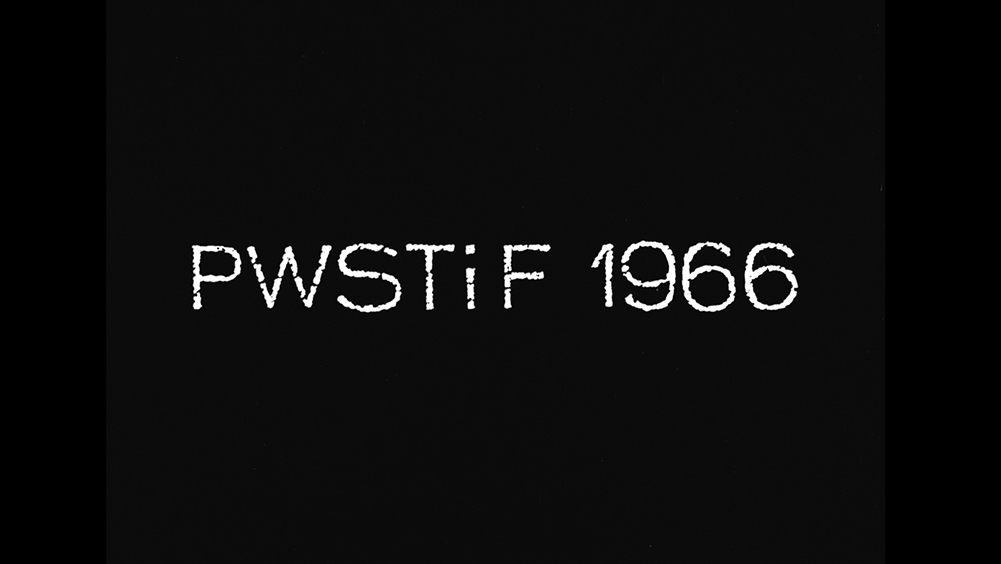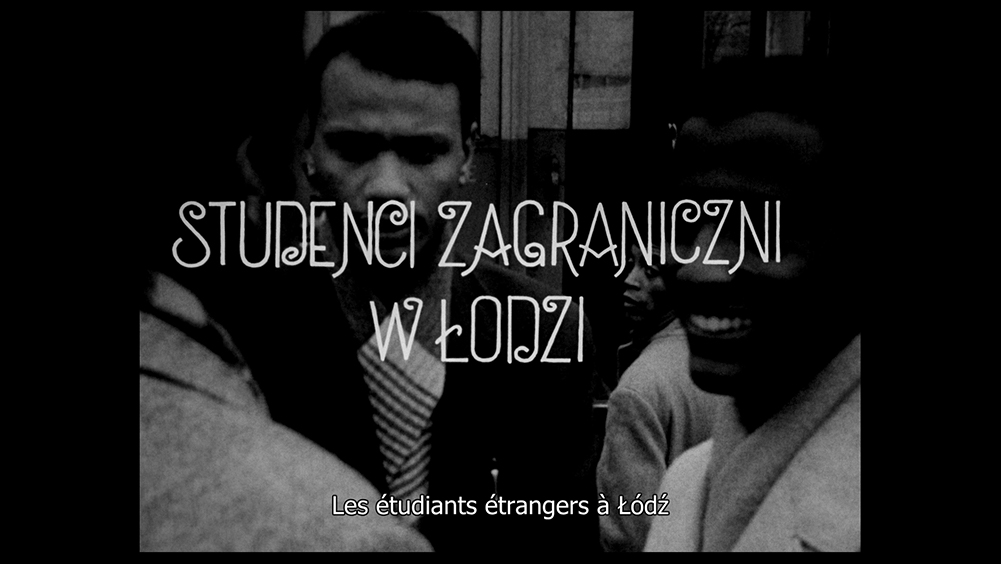(1.5)
DIPLOMAS
The Moroccan students’ graduation certificates (PWSTiF archives, Lódz)
“I wrote my graduation thesis on documentary filmmaking, specifically cinéma verité in Quebec. What interested me was the constant presence of national concerns. From the beginning we always wondered what we were going to do in Morocco after graduation. It seemed to me that such an approach could be adapted to Moroccan reality. I was of course totally mistaken, because nobody was interested in documentaries in Morocco. But it had sparked my interest and it taught me a lot of things.”
![]()
Hamid Bensaid, student 1968-1971
graduated in 1975
DISSERTATION
An attempt to identify meanings and symbols of objects in cinematic dramaturgy
SUPERVISOR
Henryk Kluba
![]()
Abdellah Drissi, student 1964-1968
graduated in 1970
DISSERTATION
On foreign cinema in Morocco
SUPERVISOR
Wladyslaw Orlowski
![]()
KARIM IDRISS, student 1967-1973
graduated in 1975
DISSERTATION
Traditions of the English schools and the impact of the documentary school on Free Cinema
![]()
Abdelkader Lagtaa, student 1967-1971
graduated in 1975
DISSERTATION
Direct cinema, a new look at reality
![]()
Abdelkrim Derkaoui, student 1966-1970
graduated in 1972
DISSERTATION
Widescreen systems in cinema
![]()
Mostafa Derkaoui, student 1966-1970
graduated in 1972
DISSERTATION
The role of cinema in transforming and elevating consciousness
SUPERVISOR
Henryk Kluba
DIPLOMAS
The Moroccan students’ graduation certificates (PWSTiF archives, Lódz)
“I wrote my graduation thesis on documentary filmmaking, specifically cinéma verité in Quebec. What interested me was the constant presence of national concerns. From the beginning we always wondered what we were going to do in Morocco after graduation. It seemed to me that such an approach could be adapted to Moroccan reality. I was of course totally mistaken, because nobody was interested in documentaries in Morocco. But it had sparked my interest and it taught me a lot of things.”
Abdelkader Lagtaa, 2018

Hamid Bensaid, student 1968-1971
graduated in 1975
DISSERTATION
An attempt to identify meanings and symbols of objects in cinematic dramaturgy
SUPERVISOR
Henryk Kluba

Abdellah Drissi, student 1964-1968
graduated in 1970
DISSERTATION
On foreign cinema in Morocco
SUPERVISOR
Wladyslaw Orlowski
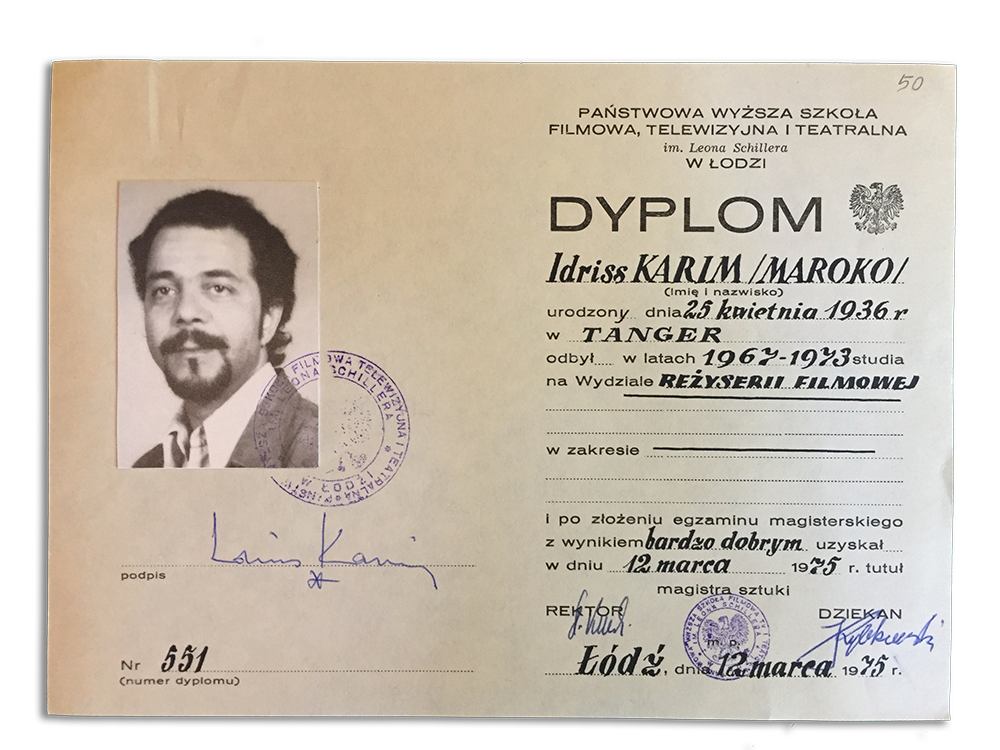
KARIM IDRISS, student 1967-1973
graduated in 1975
DISSERTATION
Traditions of the English schools and the impact of the documentary school on Free Cinema

Abdelkader Lagtaa, student 1967-1971
graduated in 1975
DISSERTATION
Direct cinema, a new look at reality

Abdelkrim Derkaoui, student 1966-1970
graduated in 1972
DISSERTATION
Widescreen systems in cinema

Mostafa Derkaoui, student 1966-1970
graduated in 1972
DISSERTATION
The role of cinema in transforming and elevating consciousness
SUPERVISOR
Henryk Kluba
Despite a quality education, professional student filmmaking in 35 mm and writing a final dissertation, the Moroccan students who graduated from the film school encountered difficulties on return to their country. Their hopes and plans for a Moroccan cinema were to come up against the realities of the development of the Moroccan film industry, led by the Moroccan Centre for Cinematography.
Upon their arrival, nothing had changed: Morocco was still lacking funding, producers, and professional networks. Despite returning to Morocco in the middle of the 1970s with a vision and film projects for their newly independent country, they were confronted with the dominant “official” vision, which would result in a number of films being banned and other projects left unfinished.
These difficulties were shared by many other foreign students in Łódź. Some would move quickly towards other disciplines such as literature (Roland Paret, Haiti), theatre (Abdellah Drissi, Morocco) or the visual arts (Sao Gamba, Kenya); others pursued management careers (Djamel Bourtel, Algeria), worked mainly in television (Hamid Bensaid, Morocco) or completely left cinema behind (Mohamed Reza, Tunisia).
The film infrastructure inherited from the colonial period was not ready to support avant-garde cinema and would instead favour the production of “official” films or propaganda, thereby following in the footsteps of colonial cinema, to guide the development of these newly independent states.

Label from the reel of a student film by Karim Idriss, 1974, Léa Morin
Copyright © 2020 / Léa Morin — CINIMA3 / Talitha
